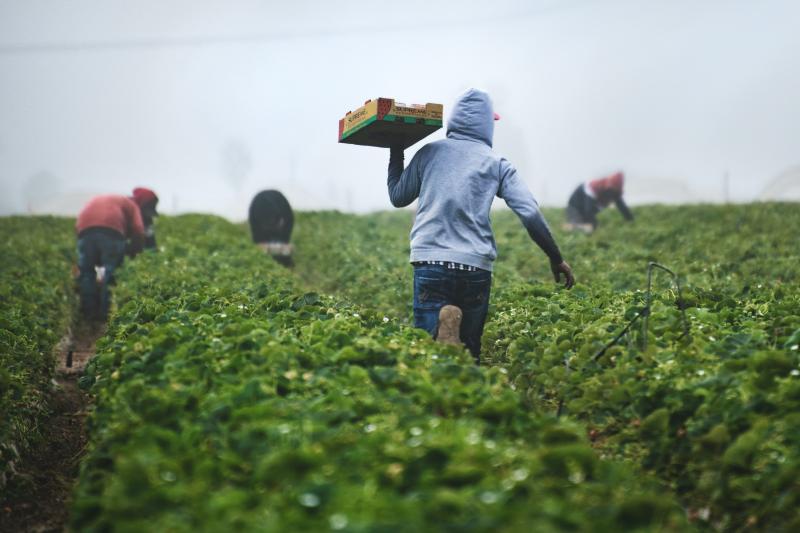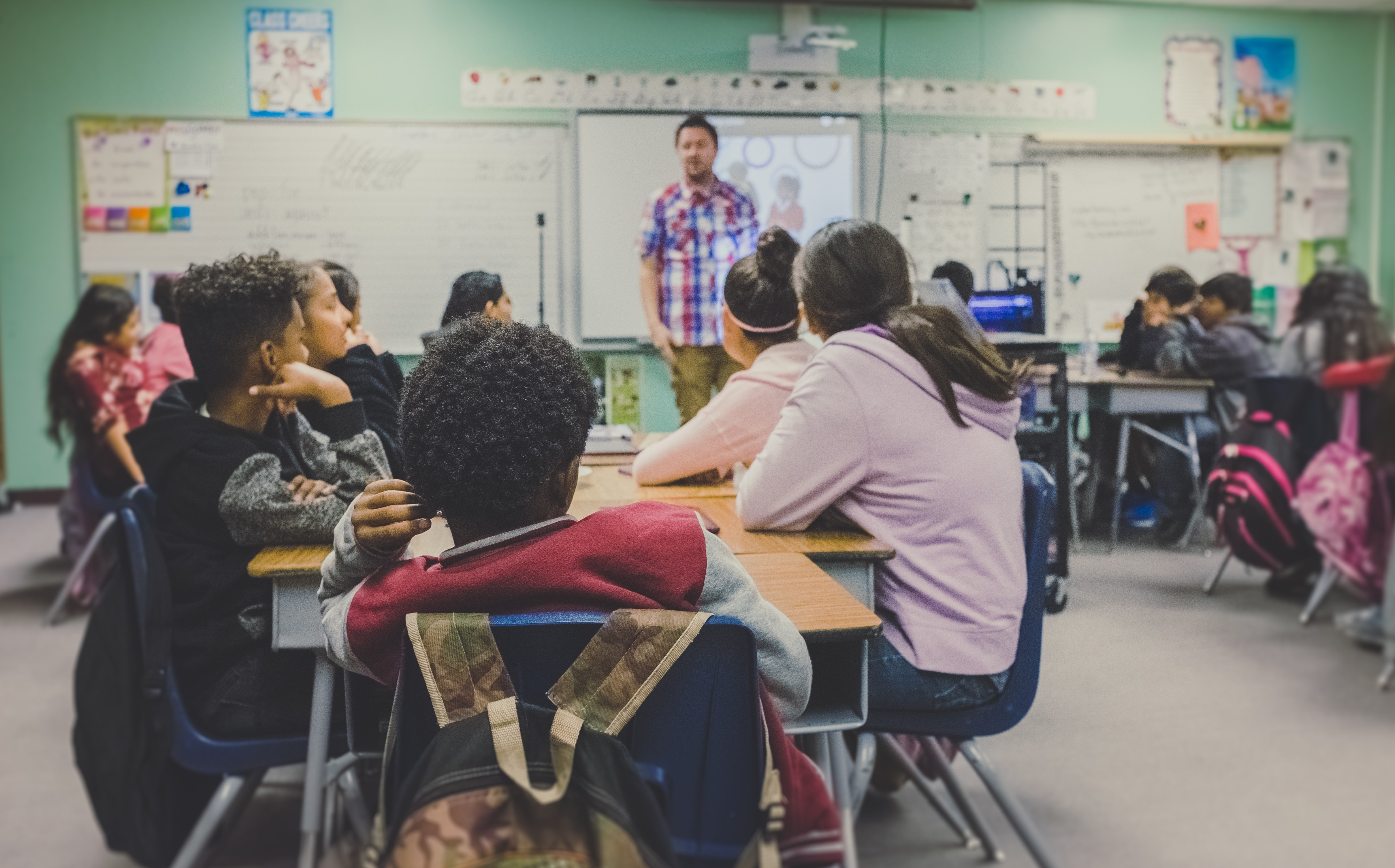Supporting Partnerships with Immigrant and Labor Rights Organizations
By: Rebecca Galemba, Associate Professor, Korbel School of International Studies

Supported by a CCESL mini-grant, my Winter 2020 Qualitative Methods course paired Korbel MA graduate students in community-based research partnerships with immigrant and labor rights organizations in the Denver area. In the course, students learn-by-doing – drawing on class readings, strong partnerships, and practical experience to explore the potential, as well as the ethical and practical challenges, of engaging in community-based research to decolonize the research process and marshal research for social change. In doing so, they receive training in research ethics, qualitative methods, and coding and analysis while they critically reflect on the politics of positionality and representation as they articulate and share their results.
One student group collaborated with day laborers and domestic workers through El Centro Humanitario, whereby they learned about the gendered contours of wage theft while assisting workers recouping unpaid wages.
Others worked with the American Friends Service Committee (AFSC) to interview volunteers and help evaluate a program that accompanies immigrants to their court dates in solidarity.
Through a new non-profit called the Colorado Asylum Project and the Law Office of Christina Brown, an immigration attorney and Sturm College of Law alumnus, students conducted observations in Denver’s immigration court, gaining insights into the dismantling of due process rights. Through accompanying interviews with immigration attorneys, students came to understand how access to asylum is not only being violently blocked at the U.S.-Mexico border, but also within the day-to-day walls of courtrooms that are far from independent, but instead, subservient to the federal agenda.
Another group continued a community-based project with Colorado Jobs with Justice to document the progress of a local hire initiative around the Central 70 highway expansion. This initiative has been inherently controversial in the communities it most significantly impacts and displaces, but whom it also attempts to recruit. Partnering with CREA results, a community-based research organization in North Denver, they contributed to a more nuanced understanding of how any attempts to hire local and expand access to construction careers must contend with a legacy, and continuity of, uneven development, displacement, and environmental racism and injustice.
Our attempts to share final presentations with the community were interrupted by the onset of COVID-19. Just as our event was about to begin on March 12, we received the university announcement suspending future events (to take effect the following day). While we attempted to provide a last-minute zoom link, this did not work for individuals already en route to campus. Community-based research with populations who have been marginalized by society and dominant policy arrangements (or even with small grassroots organizations with limited resources) always necessitates a Plan B or C. The stresses of everyday life, not to mention sudden changes or crises, frequently make some strategies untenable, others more pressing, or may impinge on relationships and life necessities in ways that require constant improvisation and rearranging. At this juncture, uncertainty was the only certainty of what would eventually unfold.
I wrestled with the unease of the risks that we had yet to grasp in the first week of March. Ultimately, the event was a modified version of prior years, when students and members of the community packed Korbel’s forum. Students who attended the event held engaging conversations among themselves to learn about each other’s projects, as well as with a few other students and community partners who attended. Indeed, the smaller numbers enabled us to distance more in the larger space and we recorded the event, which we hope to edit and disseminate. We also hosted Lupe López Chávez as a keynote speaker. Lupe is a member of AFSC and is heavily involved in their accompaniment program. She told the story of her involvement stemming from AFSC’s support of her family’s own immigration journey and challenges. Students from the course are currently finalizing blog assignments to share with community partners and to be published in the DU Immigrant and Refugee Colectivo’s Digest and the DU Just Wages Project’s WordPress sites.
Community-based research will take on new meanings and necessitate new practices in a world reshaped by COVID-19. The pandemic has made the social, economic, and racial disparities underlying whose lives, families, health, and work matter even more alarming. Coming to terms with social inequality and ongoing racial injustice will require an understanding of the ways that community-based research has long served to reinforce the status quo while silencing, oppressing, or extracting the knowledge of others, kept as “other” through the very research encounter. Yet the moment is also ripe for transformation.

